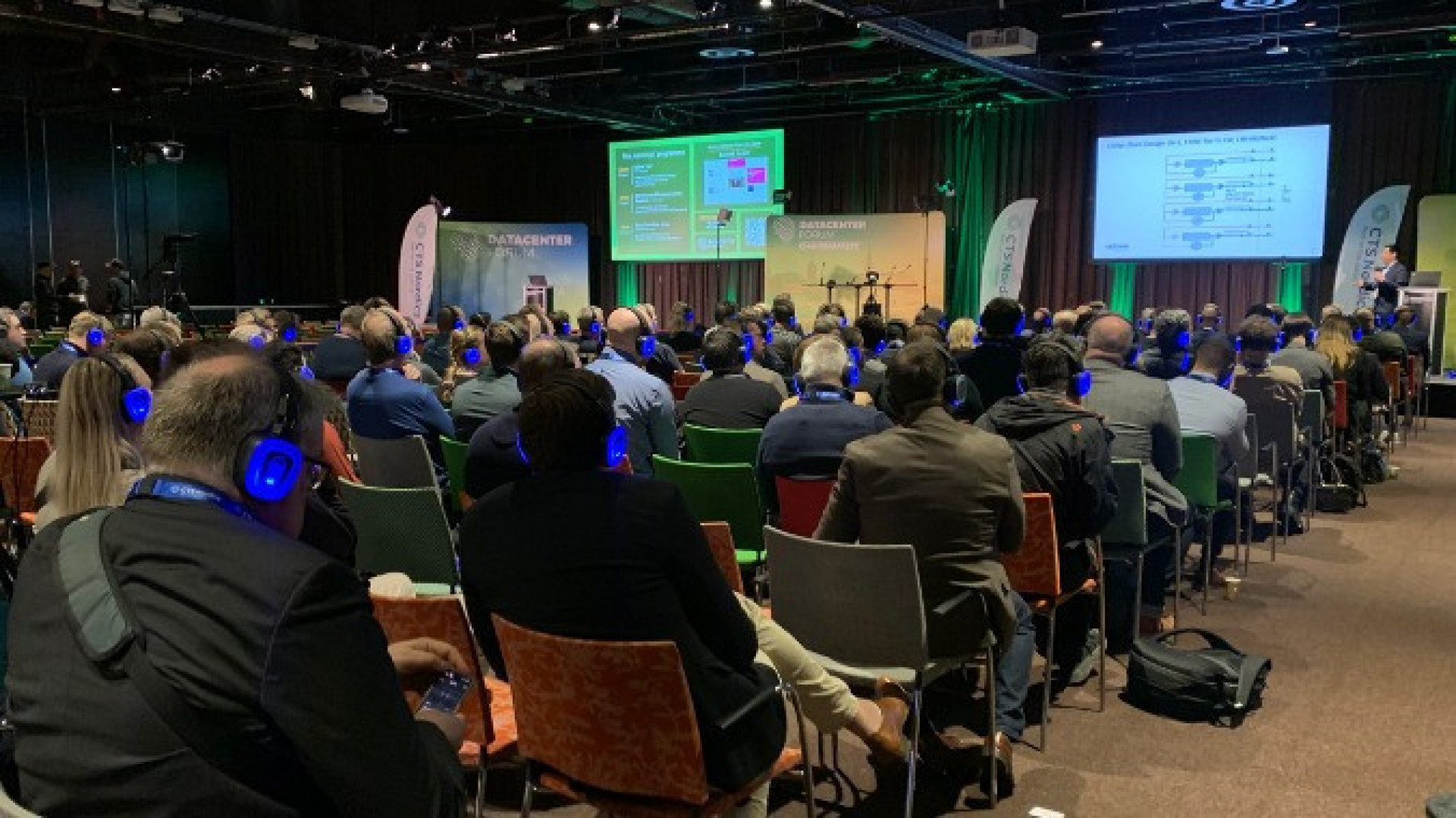The Netherlands-based NHL Stenden University of Applied Sciences has announced the launch of its pioneering Maritime Cyber Attack Database (MCAD), marking a significant stride forward in global maritime cybersecurity.
Developed under the leadership of Dr. Stephen McCombie, Professor of Maritime IT Security, the Maritime Cyber Attack Database constitutes a comprehensive archive of more than 160 incidents and counting that are affecting the worldwide maritime sector and will – with the help of AI – be regulary updated and enhanced.
'We need to educate governments and companies'
Prominent incidents in the database include the location spoofing of NATO vessels in the Black Sea near Ukraine in 2021. “It appeared as if the British and Dutch warships were near the coast of Russian-occupied Crimea entering Russia’s main naval base, but it turned out to be a virtual trip that never took place”, explained Dr. McCombie in converation with Smart Maritime Network. “The scope of what is possible today is surprising, so we need to educate governments and companies about these kind of cyber-attacks and help them understand not only how to react to them, but how to be prepared for them.”
The MCAD includes data from open-source records on cyber incidents impacting not only maritime vessels, but also ports and other maritime facilities across the globe. Additional examples catalogued include the cutting and dragging of underwater equipment in Norway in 2021 by Russia, and the spoofing of nine Swedish navy vessels that same year.
A vital resource
Publicly accessible, the MCAD will serve as a vital resource for enhancing cybersecurity awareness in the maritime sector and advancing research in this crucial area. Future developments include the use of this database for creating realistic maritime cyber incident simulations to better prepare organizations, ports, and harbors against potential attacks. It will also underpin reports and research papers elucidating trends and detailed analysis of the data subsets.














